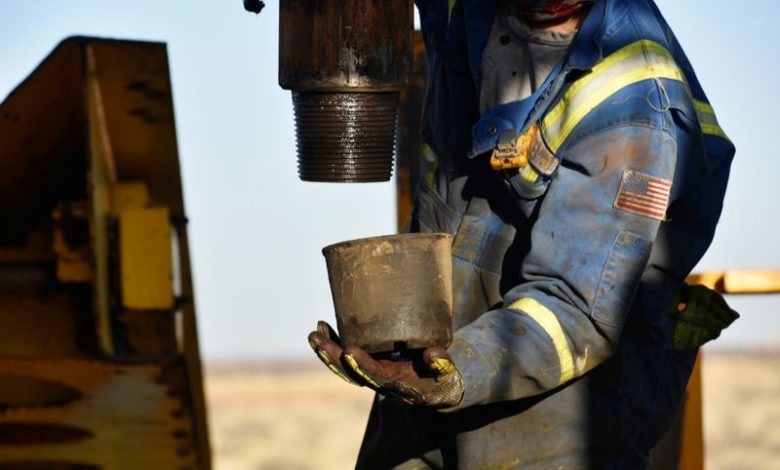
Ports Limit Navigation as Some Oil Facilities Close Ahead of Milton’s Approach to Florida, Reports Reuters
HOUSTON (Reuters) – On Monday, at least one oil and gas platform in the U.S. Gulf of Mexico was closed, and ports in Florida implemented navigation restrictions as Hurricane Milton rapidly strengthened.
While most energy infrastructure along the U.S. Gulf Coast, including oil and gas production sites, liquefied natural gas (LNG) facilities, and refineries, is not expected to be directly impacted by the storm, the closure of terminals may temporarily hinder both exports and imports.
Florida was noted as the sixth largest state exporter of goods last year, as reported by the Office of the U.S. Trade Representative.
Meteorologists predict a storm surge of 10 to 15 feet (3.05 to 4.57 meters), wind gusts between 120 mph and 140 mph, and the possibility of over 2 feet of rain in the areas along the Florida Gulf Coast that Milton is expected to impact, likely near Tampa.
In response to the impending threat, President Joe Biden approved an emergency declaration for Florida.
The U.S. National Hurricane Center indicated that the storm would approach the west coast of the Florida Peninsula by Wednesday, escalating to a powerful Category-5 hurricane on the Saffir-Simpson scale.
Duke Energy announced the mobilization of approximately 10,000 responders in Florida, preparing for anticipated power outages impacting over 1 million customers due to Milton.
Additionally, Chevron reported that all personnel from its Blind Faith platform in the Gulf were evacuated, and the facility has been shut down. This platform, located 160 miles (257.5 km) southeast of New Orleans, is Chevron’s deepest water development, producing oil from four wells and transporting crude and gas through two flow lines to a platform situated in 6,500 feet of water. However, production from Chevron’s other Gulf of Mexico assets remains stable.
Since Saturday, the U.S. Coast Guard has implemented vessel navigation restrictions at most Florida ports, including Tampa, St. Petersburg, Fort Myers, SeaPort Manatee, Panama City, St. Joe, Key West, Port Canaveral, Jacksonville, and Fernandina.
The Coast Guard advised that large oceangoing vessels, including tugs and barges, already in port or approaching should continue preparations and safely exit the ports before they close.
Meanwhile, other ports in Florida, Mississippi, and Alabama that manage oil and fuel imports and exports, such as Pensacola, Pascagoula, and Mobile, remain operational.
LNG facilities along the U.S. Gulf Coast are largely outside the storm’s path; however, the U.S. does export small volumes of LNG in ISO containers from the ports of Miami and Fort Lauderdale, according to data from the U.S. Energy Department.
 GOOGL
GOOGL  META
META 


